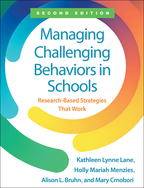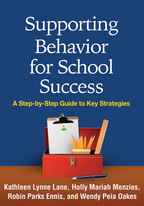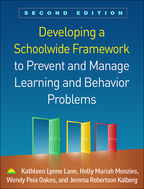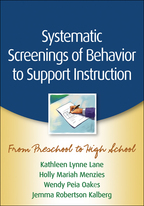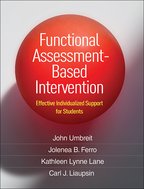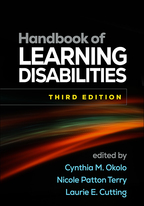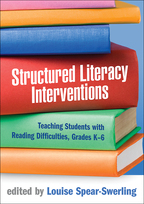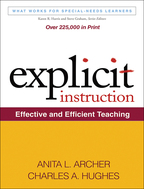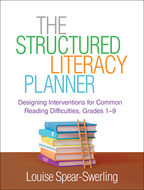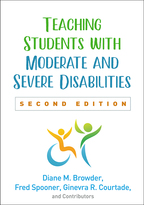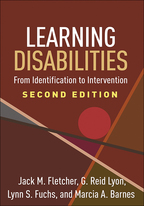Managing Challenging Behaviors in Schools
Second Edition
Research-Based Strategies that Work
Kathleen Lynne Lane, Holly Mariah Menzies, Allison L. Bruhn, and Mary Crnobori
HardcoverPaperbacke-bookprint + e-book
Hardcover
pre-orderDecember 19, 2025
ISBN 9781462560271
Price: $63.00 264 Pages
Size: 8" x 10.5"
Paperback
orderDecember 19, 2025
ISBN 9781462558995
Price: $42.00264 Pages
Size: 8" x 10.5"
e-book
orderDecember 22, 2025
PDF and Accessible ePub ?
Price: $42.00 264 Pages
ePub is Global Certified Accessible
print + e-book $84.00 $50.40
orderPaperback + e-Book (PDF and Accessible ePub) ?
Price: 264 Pages
ePub is Global Certified Accessible
The reproducible materials can be downloaded and printed in PDF format.
Now in a fully revised second edition, this acclaimed, highly practical book reviews the breadth of proven strategies for preventing and responding to problem behavior in grades K–12 classrooms. Meeting the needs of real-world practitioners, the expert authors address all three tiers of intervention within a Comprehensive, Integrated, Three-Tiered (Ci3T) Models of Prevention. Educators are guided to implement effective instructional and classroom management practices to meet students’ learning, behavioral, and social and emotional well-being needs (Tier 1). Chapters also describe more intensive interventions for students who need more than Tier 1 efforts have to offer (Tiers 2 and 3 interventions). In a convenient large-size format, the volume includes more than a dozen reproducible and downloadable forms.
New to This Edition
New to This Edition
- Updated conceptual framework reflecting the ongoing development of the authors’ Ci3T Models of Prevention.
- Chapter on direct behavior ratings.
- Chapter on building a professional learning plan.
- Boxed “Reflections and Tips for Success” from practitioners in every chapter.

